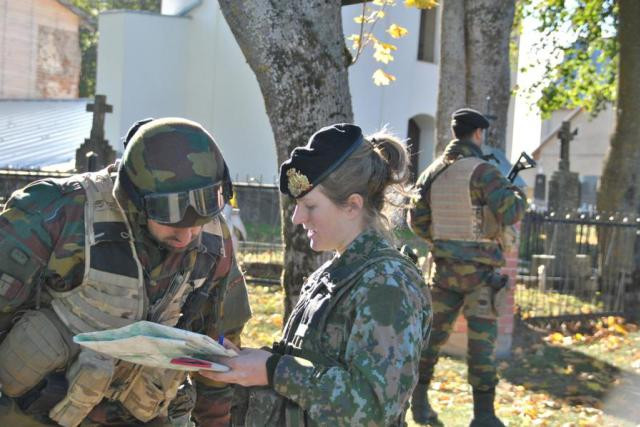In a government press release published on Wednesday, Étienne Schneider said that he took the decision following the 6 June meeting at the supreme headquarters of the allied powers of Europe.
“Given that assurances about the security of the troops in Iraq seem to me insufficient, Luxembourg will not send a detachment to the scene,” he said, adding: “Luxembourg's participation in such a mission will not be done at the cost of the security of members of our army and will therefore be limited to the remote availability of satellite skills and capabilities.”
He further said that Luxembourg’s contribution would be limited to training Nato specialists in the use of satellite communication technology as well as providing bandwidth and communication terminals.
The Nato defence minister meetings, taking place from 7 to 8 June, aim to prepare for the next Nato summit from 11 to 12 July. The summit is expected to focus on deterrence, enhanced defence and stability. It will also finalise arrangements for a training mission in Iraq aimed at stablilising Iraqi defence forces in their efforts to disband Daech, also known as the Islamic State.
The Iraqi civil war began in 2014, with the Islamic State of Iraq exploiting the country’s political instability and conquering large parts of the territory by brutal force. The Islamic State was driven out in 2017, and in May 2018 Shia cleric Moqtada al-Sadr was elected leader. The government has since, however, ordered a manual recount of all ballots and sacked its electoral commission.
